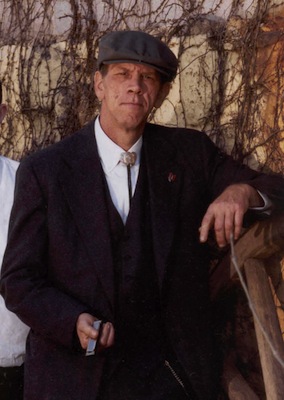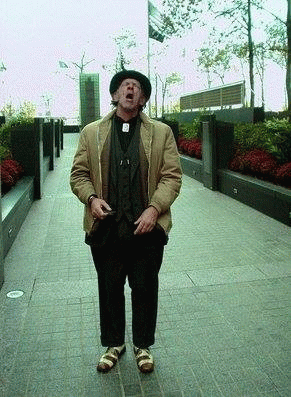Poor Cenk Uygur. One of the very most capable and trusted journalists upon the scene today (on what would be called the "liberal" side, though Uygur transcends that shallow labeling), and a Turkish-American, he is being forced to lay out the provocative and unjust behavior of the nation of his ancestry against the Kurdish people
https://youtu.be/2kTx07UgaP8, who are citizens of three nations that border each other, Iraq, Syria and Turkey.
I deplore the geopolitically crucial misfit between Turkish/Kurdish relations and progress toward peace in the region. As one who traveled in Turkey as President Obama was being elected (I am a professional touring blues musician and geopolitical analyst), I was both impressed by the actuality of free speech in Turkey (or at least as much as I saw in the Daily Zaman English edition), and also, eventually, politely but firmly required by the supervisors of the tour to suppress my thoughts about Kurdish issues at the occasional pressers the acts on this long-running tour were asked to do.
Kurds are the largest distinct ethnic group in the world that does not inhabit a nation of their own.
I am a patriot, it's the way I was raised. I am also a revolutionary, but the patriotism is the operative factor in my consideration of this sociological fact. A fact like that resonates within me, as an American, and it just sticks in my craw.
Now, I don't know any Kurds personally, and as far as I understand it, they are some kind of Muslim, and therefore caught in the bloody sectarian violence that characterizes that region of religious zealots, though as I understand, in Iraq Kurds maintain at least at some degree of remove from direct Sunni-Shia strife. The tragedy is that Turkey will never let its Kurds (and a significant chunk of its territory, like its eastern 15- 20%) unite with their brethren in Syria, and those in Iraq, where the majority of the Kurds live.
I played gigs in several Kurdish cities in eastern Turkey. I was a foreign cultural worker, and I noted at least a moderate separation between us kinda-stars and the vast majority of the Turkish population, and a virtually complete separation between us and the traditional Turkish peasant population, and most of the rest, merely because of the language barrier. There were enough Turkish folks who spoke the international language that the tour was seamless, but none of us could say anything but "hello" and "thank you" in Turkish.
Diyarbakir, a Kurdish city of several hundred thousand people in eastern Turkey, is as poor and dirty a city as I have seen firsthand since I got a glimpse of Saigon in 1970. Would it be better if it were part of Kurdistan and not of Turkey?
At this time in the late-times evolution of globalist capitalism and depletion of natural resources, I don't know that it makes a difference from a human-betterment perspective. But there certainly is an argument on mere grounds of compassionate justice.
The eastern 1/5 of Turkey is very barren ground, for the most part, not a lot of stuff to be dug up. The Turks ought to give it to the Kurds, they're not making money on keeping Kurdistan from becoming reality. And the whole region could exhale then.
I know Cenk Uygur, a noble humanitarian as I have watched him be in several years of watching "The Young Turks", his syndicated program, feels the pain of all of them: the Kurds, his fellow Turks who oppose the AKP and the Erdogans, and even those who support them through ignorance.
I know that it's a beach right now, given the actions on the world stage of the Erdogans, father and son, to be a Turkish man of good will.






